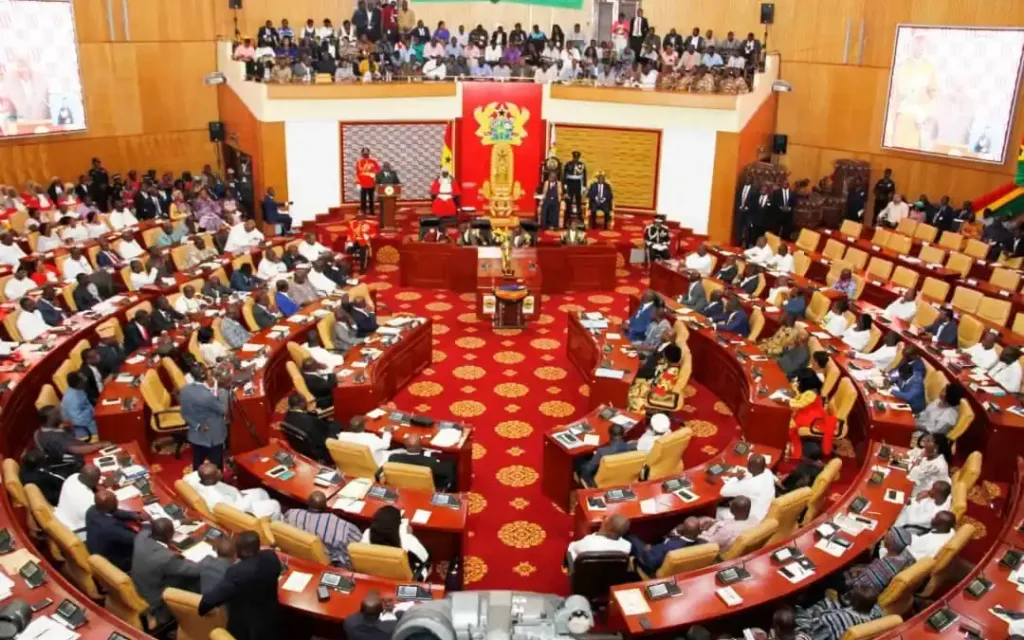Growth and Sustainability Levy Amendment: What It Means for Ghana’s Gold Industry
Ghana’s Growth and Sustainability Levy Increased for Gold Miners
Parliament has passed the Growth and Sustainability Levy (Amendment) Bill, 2025, raising the levy on gold mining companies from 1% to 3% of their gross production. The bill also extends the duration of the levy until 2028, aiming to boost national revenue amid soaring gold prices.
Why the Levy Increase? Government’s Justification
Finance Minister Dr. Cassiel Ato Forson, speaking during the debate, emphasized that the amendment leverages current high gold prices to strengthen Ghana’s financial position. According to him, this move is necessary to enhance national revenue and sustain critical development projects.
“With gold prices at historic highs, it is prudent for the government to optimize revenue from the mining sector to support economic stability and national development,” Dr. Forson stated.
Email us to place your Ads
Opposition and Industry Concerns
Not everyone agrees with the levy increase. Minority Leader Alexander Afenyo-Markin opposed the amendment, arguing that it could deter investment and hinder the growth of Ghana’s extractive industry.
“Raising the levy on gold mining companies to 3% places an unnecessary burden on the private sector. This move risks discouraging investment and reducing job creation in the mining industry,” Afenyo-Markin warned.
What Is the Growth and Sustainability Levy?
First introduced in 2023, the Growth and Sustainability Levy replaced the National Fiscal Stabilisation Levy. It applies to various businesses, including mining firms, and is calculated as 1% to 5% of either gross production or profit before tax, depending on the sector.
Key Facts About the Levy:
- Targets gold mining companies, banks, telecommunications firms, and others.
- Aims to fund national development and social programs.
- Initially set to expire in 2025, now extended to 2028.
H2: Potential Impact on Ghana’s Mining Sector
1. Increased Government Revenue
With gold prices at record highs, the levy is expected to generate millions of dollars for government spending.
2. Possible Decrease in Mining Investments
Industry experts fear that higher taxes might discourage foreign and local investment in the gold mining sector.
3. Potential Job Market Impact
If mining companies face higher tax burdens, they may slow expansion plans, impacting employment in the industry.
What’s Next? The Future of Ghana’s Mining Industry
With the levy set to last until 2028, stakeholders in the mining and financial sectors will need to adapt to these changes. The government maintains that the amendment is necessary for economic stability, while critics argue that tax hikes could stifle investment.
Your Thoughts?
Do you think the increased levy will benefit Ghana’s economy, or will it harm the mining industry? Share your views in the comments!
Stay Updated
For more updates on Ghana’s financial policies and mining industry, subscribe to our newsletter or follow us on social media.



